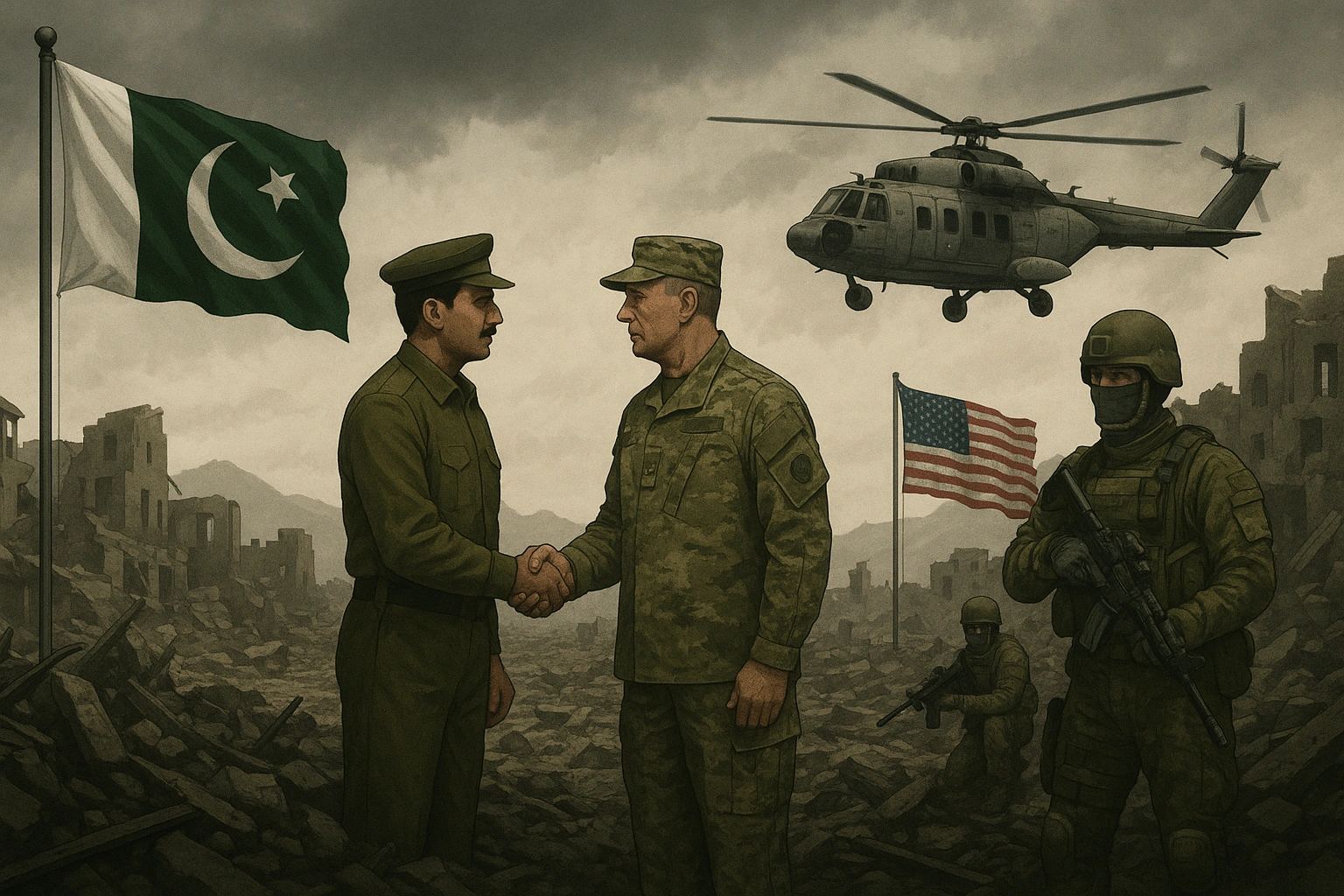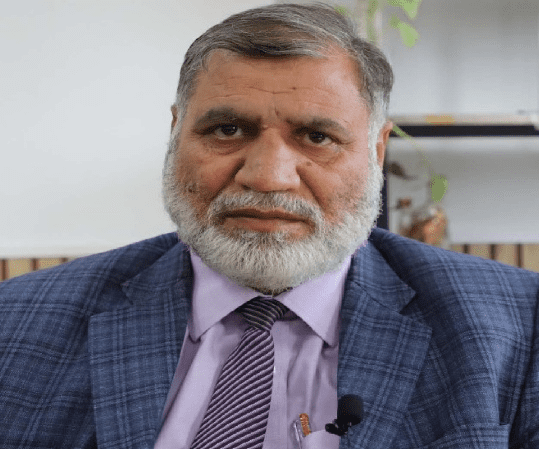The recent capture of Sharifullah, a mastermind of ISIS-Khorasan (ISIS-K) and one of the key planners of the deadly 2021 Abbey Gate bombing in Kabul which killed 13 American service members was not just another catch in the counterterrorism campaign. It was a harsh yet important lesson of a strange and often strained, but still undeniable reality of the counterterrorism cooperation between Pakistan and United States expedient but not without flaws cornerstone of regional and worldwide security. This partnership, which was made decades ago in the heat of the 9/11 attacks and has been proven over time when tested by the geopolitical tumults, continues to draw on the significant intelligence collaboration that was facilitated by this operation, occurring early in 2025, because the threats that it tramples over do not simply evaporate.
A Partnership Forged in Fire and Sustained by Necessity
The September 11 attacks of 2001 made it impossible, in both countries, to calculate the strategy in the same old way. Pakistan was immediately thrust as a frontline state in the US led war on terror. It was then followed by an alliance characterized by a strong operational cooperation, shared intelligence activity, tactical plans, troop movements and the extensive financial support, but also by high levels of mutual suspicions, conflicting strategic interests, and popular opposition in Pakistan. The deployment of the counterterrorism channel did not always dull under the visuals of a rollercoaster in political relations aided by suspension of aid and heated rhetoric. Its common enemies were just too formidable: the Al-Qaeda taking refuge, Tehrik-e-Taliban Pakistan (TTP) fighting a war on the Pakistani state, and then there was the virulent outbreak of ISIS-Khorasan that used to take advantage of the unprotected Afghanistan-Pakistan border. Such a long-standing though strained collaboration is testament to a very basic fact; counterterrorism requirements, especially with respect to organizations that explicitly threaten the security of both countries, make a formidable, practical alliance that is held above political tensions.
The Institutional Backbone
Realising that the threat is chronically evolving and that capability needs to be maintained over time, Pakistan has embarked on building stronger domestic counter-terrorist structure. Take such an establishment as the National Intelligence Fusion & Threat Assessment Centre (NIFTAC). This is a major development where intelligence feeds of federal and provincial agencies are meant to be gathered and, more importantly, enable structured intelligence exchange with allied services, most notable of which is the United States (PMO). NIFTAC represents not only the realization that counterterrorism demands not only kinetic action, but also advanced intelligence fusion and analysis. Its presence and operation are an indication of a long-term commitment in war on terror and a crucial institutionalised means through which the US-Pakistan relationship can further along the path of ad-hoc operations to one other wise adopting a more systematic and dragging-intelligence-plus-based manner in approach.
Recognition and Reaffirmation
This important collaboration has received leading public statements in the year 2025. The arrest of Sharifullah earned the US praise with specific words about the decisive input of Pakistan in avenging the American lives. More importantly, the visit of the CENTCOM Commander Gen. Michael Kurilla and the reactions to him after the visit led to an image of a strong current cooperation. His statement about Pakistan as a phenomenal partner, in this case, in the war against the ISIS-K militants posing threat in areas close to the Afghan border (Dawn) was weighted. This was not diplomatic form, it was working recognition on the part of the commander to whom the United States military operations in the area were delegated. This story of enhanced bilateral defence and counterterrorism relationships was further entrenched with additional of Pakistan (an honour of Nishan-e-Imtiaz, the highest military award of the country) to Gen. Kurilla in July 2025. All these are indications of an intentional desire of both capitals to affirm their commitment to their alliance publicly by requiring a strategic alliance to be effective and not worthless, when complex regional developments dominate, especially the ongoing in Afghanistan.
An Indispensable, Yet Imperfect, Future
The relationship between US and Pakistan as far as counterterrorism is concerned is a fainting marriage. It is based on decades of operations collaboration, mutual sacrifices, and on the cold fact that organizations such as Al-Qaeda, TTP, and ISIS-K remain an immediate threat not only to both countries but to the stability in the region. The revival of TTP attacks in Pakistan and the desire of the ISIS-K to continue conducting international attacks I’d like to indicate that the threat environment is extremely hazardous. Though trust gaps, differing perceptions on Afghanistan, and historical resentments will not just disappear earlier than later, the two sides have emphatically renewed their dedication to dialogue and coordination tools. This practical action pays due regard to the fact that the expenses of giving up on cooperation can be too high (it is possible that terrorist safe havens would thrive, and the number of attacks increase).
The Bedrock of Necessity
It will not be an easy road ahead; Pakistan has a justified complaint that it is not being dealt with uniformly and that its own sacrifices and security anxieties are only appreciated as part of a transactional sense of counterterrorism. The US will refuse to look the other way when it comes to actions of Pakistan when it comes to all militant groups operating on its soil. Nevertheless, the apprehension of terrorists such as Sharifullah, the development of the institution like NIFTAC and the top-official military awareness visible in 2025 testify to the assertion that the actual counter terrorism engine keeps running. It works the way it does because it has to. In a region that has long suffered instability and in which terrorism threats are a persistent problem, the US-Pakistan partnership in counterterrorism, despite its faults and complications cannot be substitute by another relationship, and is an essential part of the international counterterrorism strategy. Its stamina is a test not of undying friendship but a logic that is impervious to friendship, the logic of shared security interests in perilous world. The outcome of the toil is that both countries will have to maintain this practical alliance in times of uncertain future.
Disclaimer: The views and opinions expressed in this article are exclusively those of the author and do not reflect the official stance, policies, or perspectives of the Platform.








